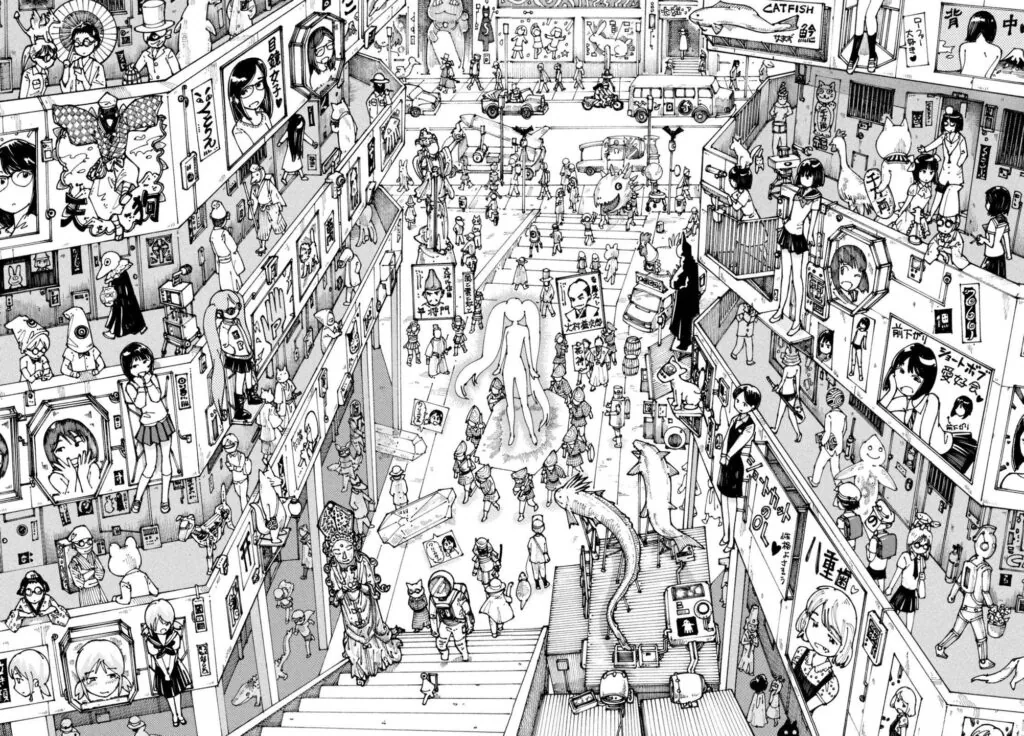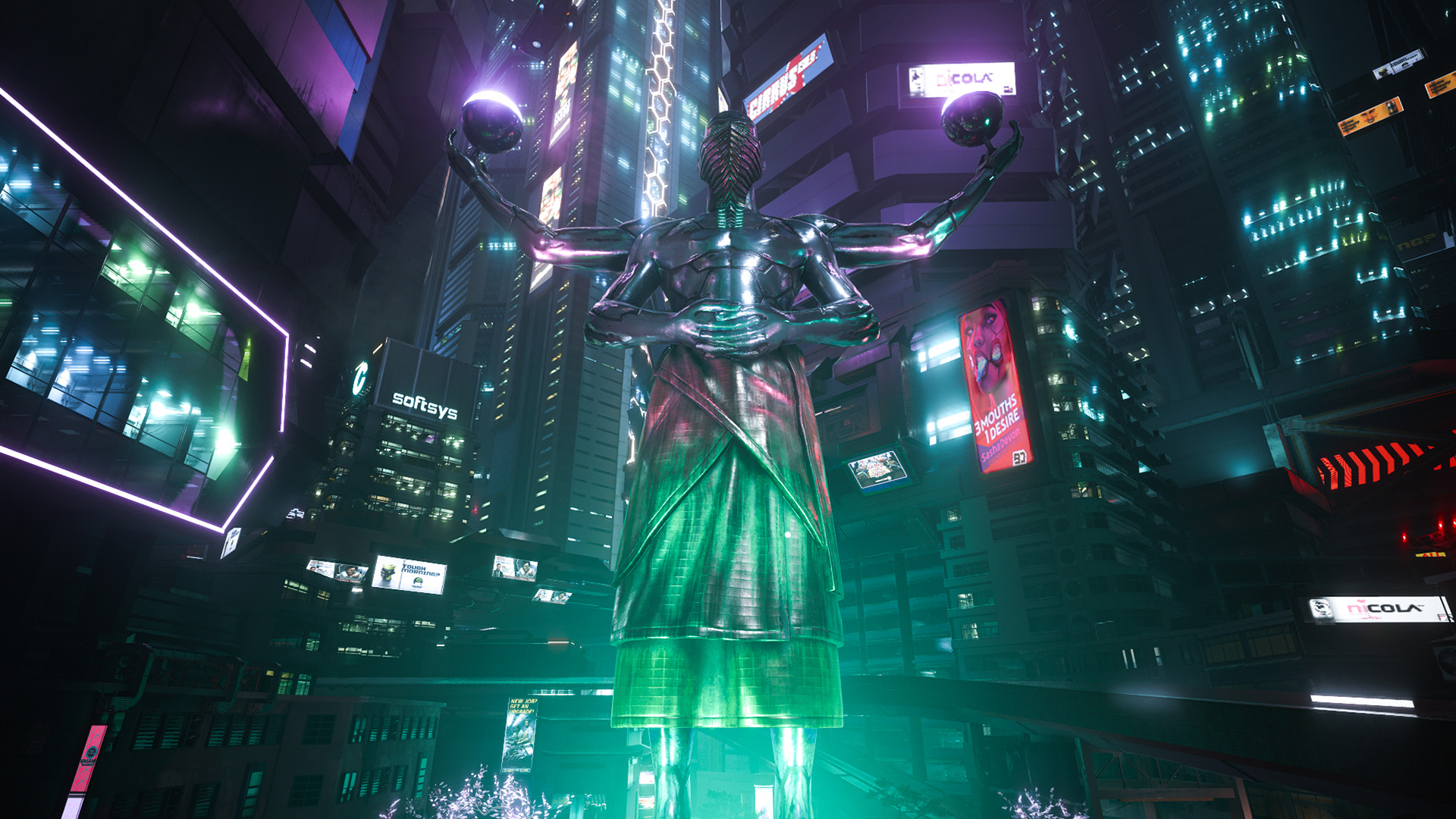Adverts
The Origin and Evolution of Manga
Manga has its roots deep in Japanese history, dating back to the 12th century, with illustrations and visual narratives known as “emakimono.” But it was in the 20th century that manga really exploded in popularity, thanks to pioneers like Osamu Tezuka, often called the “God of Manga.”
His groundbreaking works, such as “Astro Boy,” redefined the genre and set standards that still influence manga production today.
Adverts
Beginning in the 1980s and 1990s, manga began to gain popularity outside Japan, initially in the United States and Europe, before spreading globally.
They have gone from niche markets to cultural phenomena, with titles like “Dragon Ball,” “Naruto,” and “One Piece” becoming household names. This global expansion has not only increased the visibility of manga, but has also helped shape geek culture in significant ways.
Adverts
Manga Themes and Genres
One of the reasons why manga has such a wide appeal is the diversity of themes and genres it covers. There’s something for everyone, regardless of their personal interests.

Shonen: Action & Adventure
The shonen genre is perhaps the most popular and recognized, focusing primarily on action, adventure, and personal growth. Series like “Naruto” and “My Hero Academia” capture the essence of this genre, appealing primarily to a young male audience but also gaining fans of all ages and genders.
Shojo: Romance and Drama
Aimed at young female audiences, shojo manga explores themes of romance, drama and friendship. Works such as “Sailor Moon” and “Fruits Basket” are examples of this genre, captivating readers with their exciting stories and well-developed characters.
Seinen and Josei: For a More Mature Audience
For older readers, the seinen and josei genres offer more complex and mature narratives. Seinen, such as “Berserk” and “Tokyo Ghoul,” often feature dark and violent themes, while josei, such as “Nana,” tackles adulthood and relationship issues in a more realistic way.
The Cultural Impact of Manga
Manga not only entertains, but also influences many areas of pop culture and entertainment. It has a significant impact on:
- Fashion: Styles and trends inspired by manga characters are visible in subcultures such as cosplay and Harajuku fashion.
- Music: Anime openings and endings, often adapted from manga, have become international hits, propelling Japanese bands and artists to global stardom.
- Video Games: Many popular games, such as “Dragon Ball Z” and “Naruto Shippuden,” are based on manga, further expanding their reach and influence.
Manga also plays a crucial role in breaking down cultural barriers, helping to bring people from different backgrounds together through universal and moving stories.
The Economy of Manga
The manga industry is a significant economic force, both in Japan and globally. In 2020, the manga industry in Japan achieved a record 612.6 billion yen in sales, reflecting its substantial economic impact.
In addition to direct sales of manga, there is a huge market for derivative products, including:
- Action Figures and Collectibles
- Clothing and accessories
- Card and board games
These products help create an economy around the works, providing fans with multiple ways to connect with their favorite series.
Additionally, anime, film, and game adaptations also generate considerable revenue, expanding the economic impact of manga.
The Future of Manga
With the growing popularity of digital platforms, the future of manga looks brighter than ever. Streaming services like Crunchyroll and digital reading platforms like Manga Plus are making it easier than ever to access a vast library of titles.
Furthermore, globalization continues to play a key role. Events such as Comic-Con and Anime Expo are testament to the growing interest and influence of manga outside of Japan.
As technology advances and cultural barriers diminish, we can expect manga to continue to shape and influence global geek culture in new and exciting ways.
Conclusion
Exploring the world of manga reveals a fascinating journey through time and culture. From its origins in feudal Japan to its global explosion in the 20th century, manga has established itself as a vibrant and influential art form.
Pioneers like Osamu Tezuka redefined the boundaries of what manga could be, laying foundations that continue to inspire creators around the world.
Manga, with its rich diversity of themes and genres, therefore offers something for everyone. Whether it’s the action-packed adventures of shonen, the heart-warming romances of shojo, or the mature narratives of seinen and josei, the wide range of stories ensures that readers of all ages and interests can find something that resonates with them.
This diversity is one of the keys to manga's global appeal, attracting audiences from different cultures and backgrounds.
Beyond entertainment, manga has left an indelible mark on various spheres of pop culture. From influencing fashion and music to inspiring successful video games, its impact transcends the printed page.
They also play a vital role in the economy, with a robust industry that includes direct sales, derivative products, and adaptations for other media.
As technology advances and cultural barriers diminish, the future of manga looks even brighter. Digital platforms and global events are making these cultural treasures more accessible than ever before.
Ultimately, manga not only entertains, but also connects and inspires, continuing to transform global geek culture in profound and exciting ways.
Useful links
- Crunchyroll – Anime and Manga Streaming
- VIZ Media – Manga Publisher
- Comic-Con International




